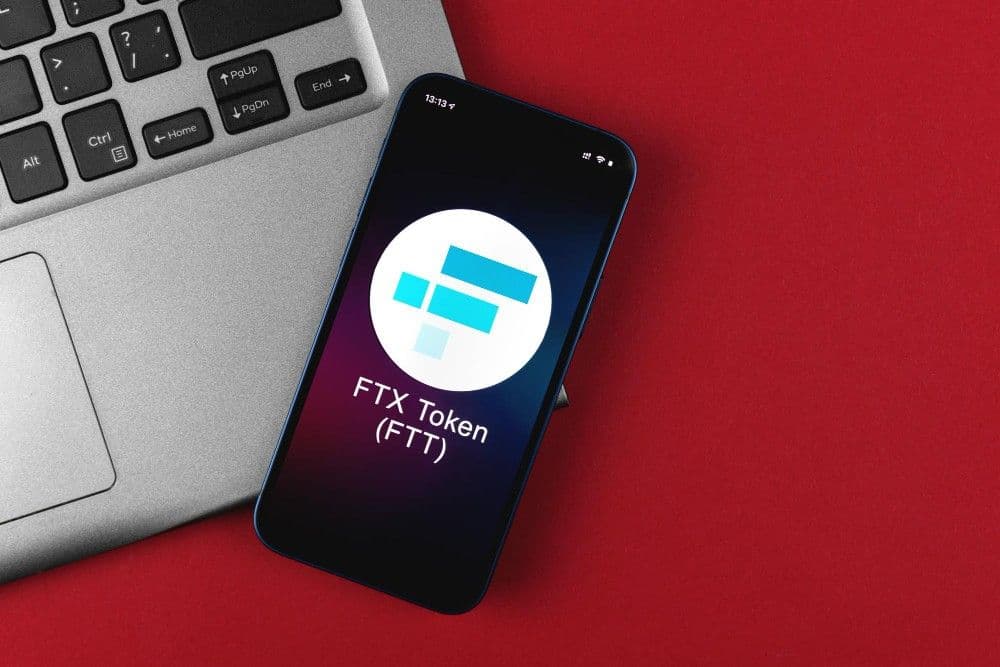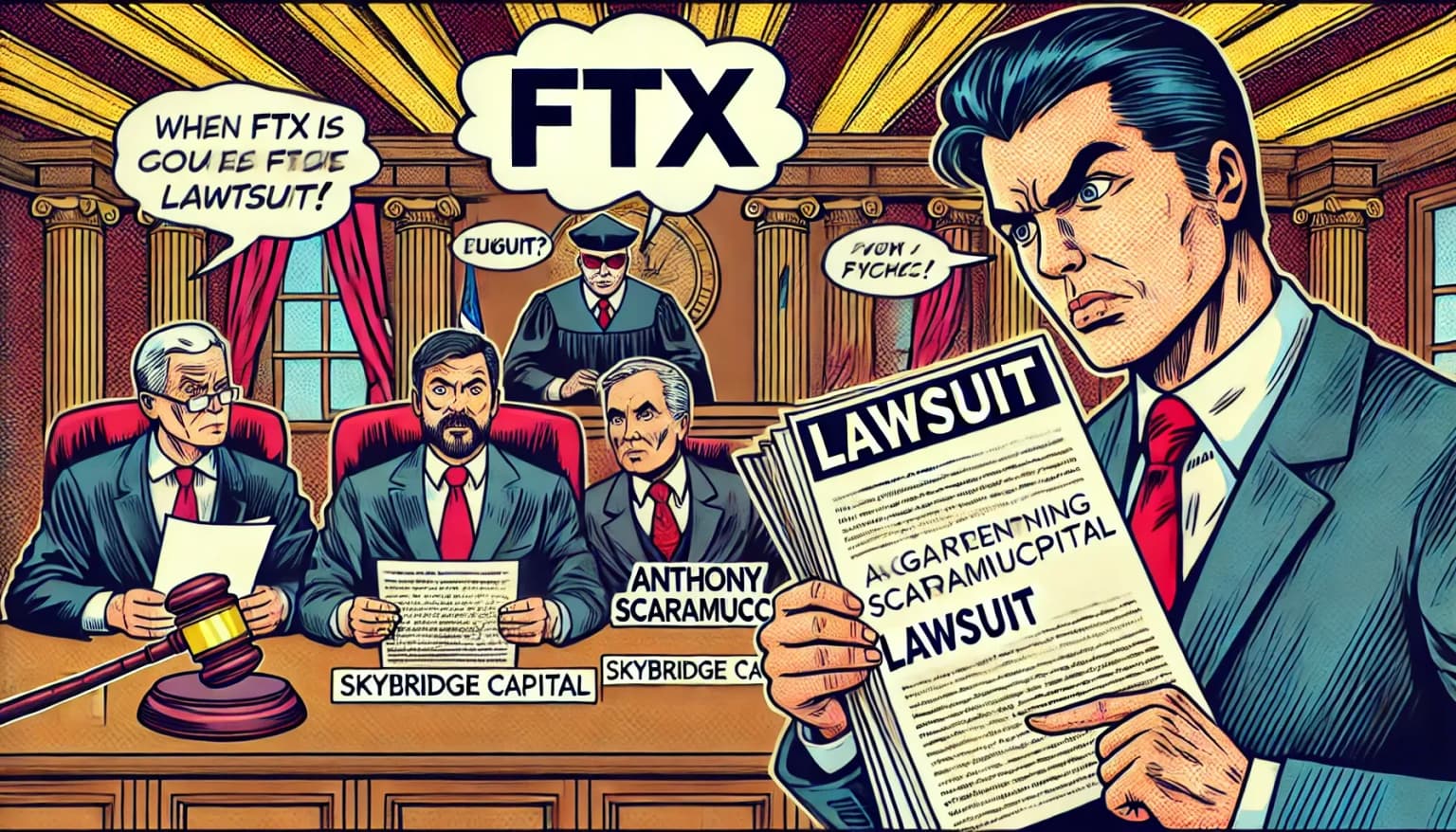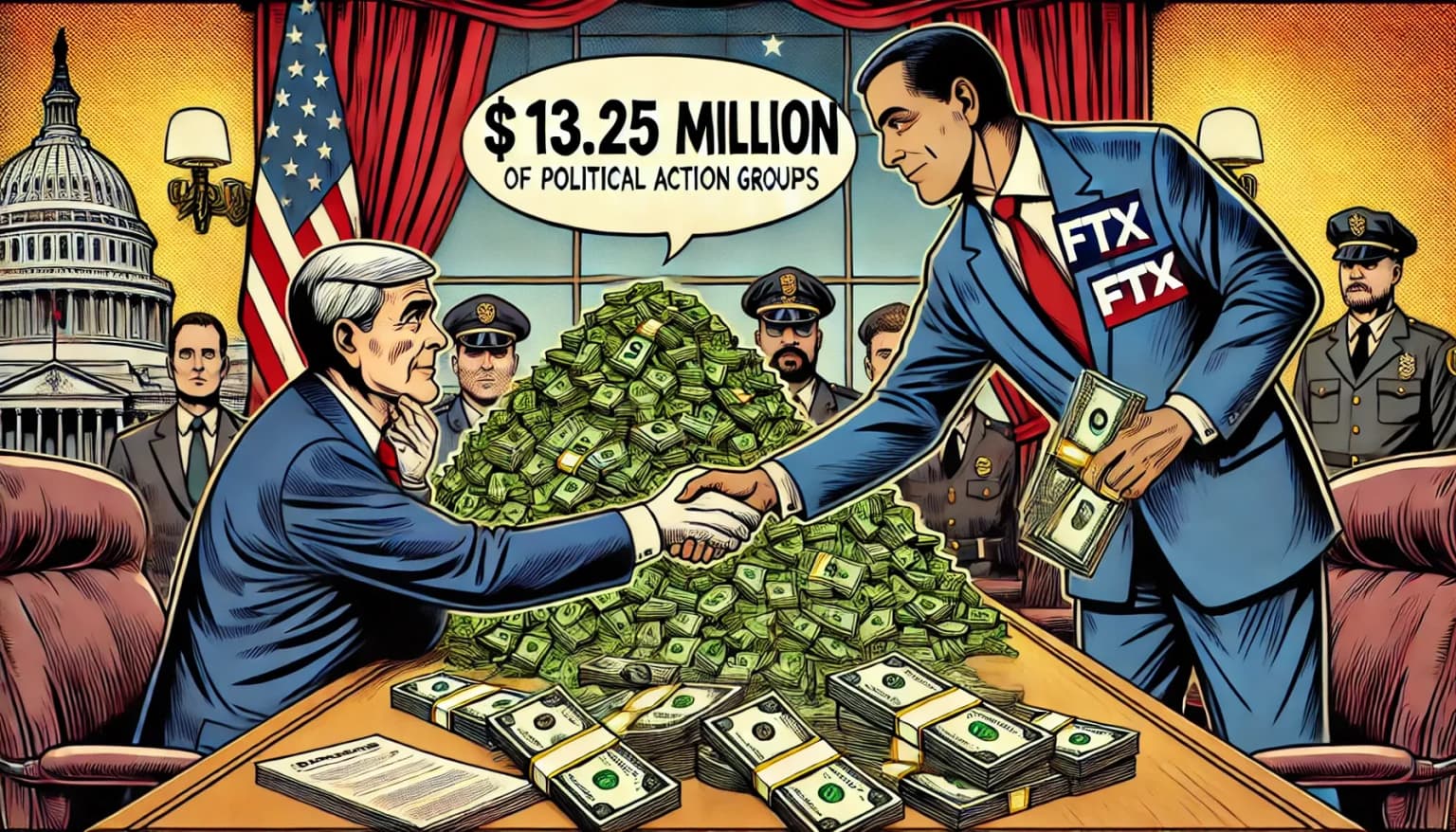FTX Estate Sells Discounted Solana Tokens to Repay Creditors
The FTX estate has sold its remaining Solana tokens at a significant discount to Pantera Capital and Figure Markets, aiming to reimburse creditors and former clients amidst ongoing controversies and investigations.

In a move aimed at reimbursing creditors and former clients, the FTX estate, managing the defunct exchange’s bankruptcy, has auctioned off the last of its heavily discounted Solana (SOL) tokens. The sale marks a significant step in the ongoing efforts to recover and distribute funds.
FTX Sold $2.6 Billion Worth of Solana Token (SOL)
The FTX estate sold the remaining Solana tokens, valued at $2.6 billion, to Pantera Capital and Figure Markets. These tokens were sold at $102 per token, significantly below the current market price of $168. Figure Markets acquired 800,000 SOL tokens, while Pantera Capital obtained the rest. The agreement includes a four-year vesting schedule to mitigate potential market impacts from the large transaction.
The FTX bankruptcy estate has recovered $7.3 billion in assets so far, but the process has been controversial. Sunil Kavuri, a creditor leading the FTX creditor community, criticized the decision to sell assets at such deep discounts, arguing that digital assets should have been returned directly to creditors and clients.
Kavuri stated, "Sullivan & Cromwell has trampled over our property rights. They have liquidated billions of dollars of crypto assets. There’s a token S&C sold at 11 cents; it’s now trading at two dollars. FTX had $10 billion in Solana tokens — they sold it at a 70% discount."
Despite criticisms, the structured release of tokens is designed to stabilize the market. Following the announcement, SOL’s price dropped by 4%, though the alternative layer-1 network continues to show strong price performance, currently in an uptrend that began in November 2023, reaching a high of $210.
Uncovering More Corruption Surrounding FTX
An independent examiner’s report by Robert Cleary has shed light on further corruption within FTX Group. The report alleges that FTX paid over $25 million in hush money to seven whistleblowers before the crypto exchange’s collapse in November 2022. These settlements, handled primarily by attorney Daniel Friedberg, ranged from $1.8 million to $16 million and addressed concerns about systemic issues and misleading regulators.
For example, one whistleblower received $16 million after alleging that the exchange misled regulators and lacked proper corporate structure. Another whistleblower, who worked at Alameda Research for less than three months, received $2 million for raising concerns about regulatory and governance issues.
US prosecutors are seeking a 5-to-7-year sentence for former FTX executive Ryan Salame, who pleaded guilty to campaign finance violations and operating an illegal money-transmitting business during his tenure as CEO of FTX’s Bahamian subsidiary. Salame’s charges include orchestrating a scheme allowing customers to use U.S.-based bank accounts without federal compliance and participating in illegal political donations amounting to over $100 million.
Effective Ventures Foundation’s Response to FTX Collapse
The UK government’s Charity Commission investigation recently found that Effective Ventures Foundation, an FTX-funded charity, acted diligently and quickly to protect its funds after FTX’s collapse. Following the collapse, Effective Ventures disclosed its connections to FTX, prompting a regulatory probe. The charity repaid $4.3 million to the FTX estate, matching the total amount it received from FTX and its foundation in 2022.
Effective Ventures’ interim CEO, Zachary Robinson, stated that EV UK and EV US collectively repaid $26.8 million to the FTX estate, covering all funds received.
Conclusion
The FTX estate’s recent sale of Solana tokens marks a significant step in the complex process of reimbursing creditors and former clients. While the recovery efforts have faced criticism and controversy, the structured approach aims to stabilize the market and ensure a fair distribution of assets. The ongoing investigations and legal proceedings continue to uncover deeper issues within the FTX collapse, highlighting the need for transparency and accountability in the cryptocurrency industry.

























